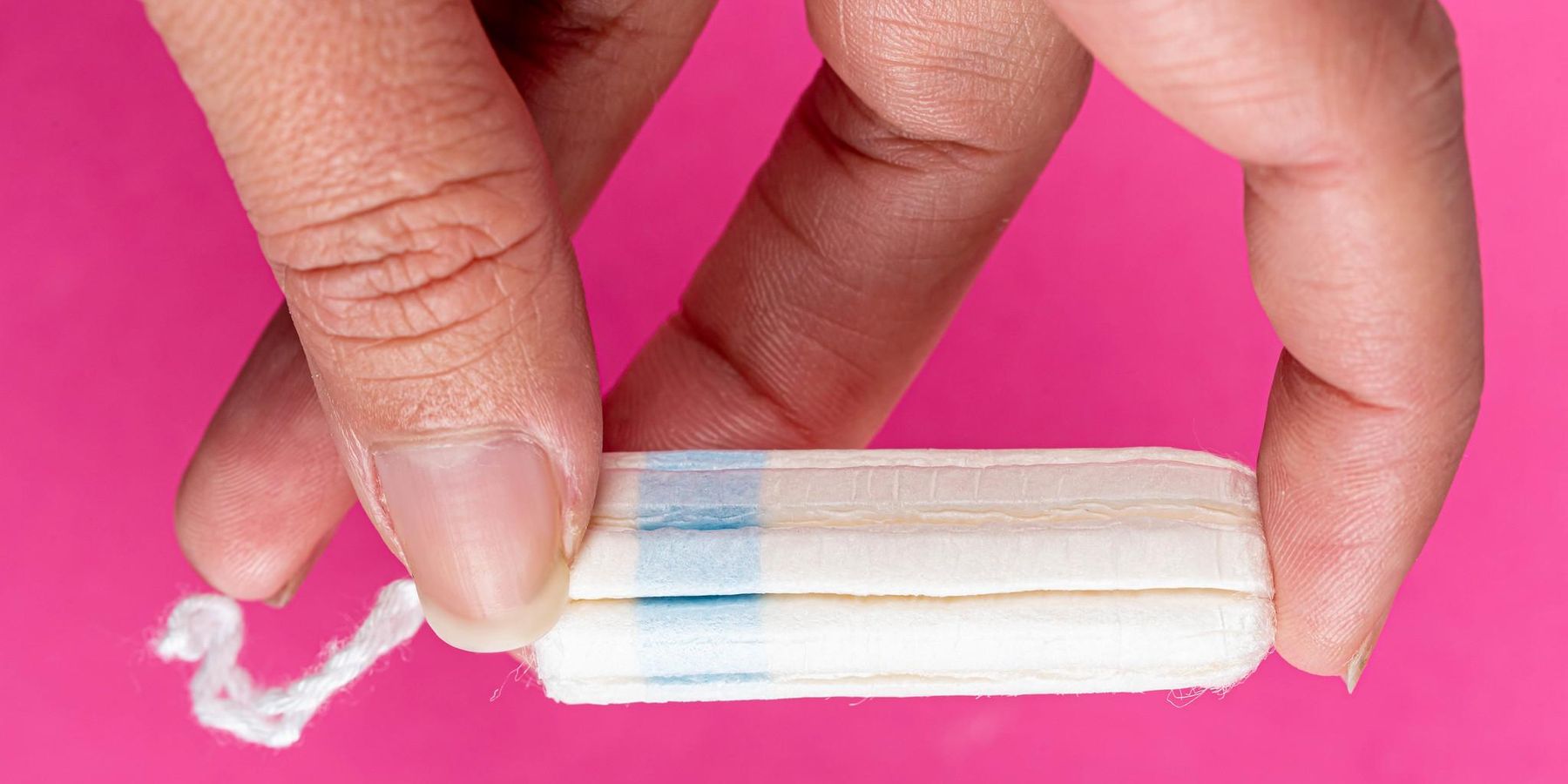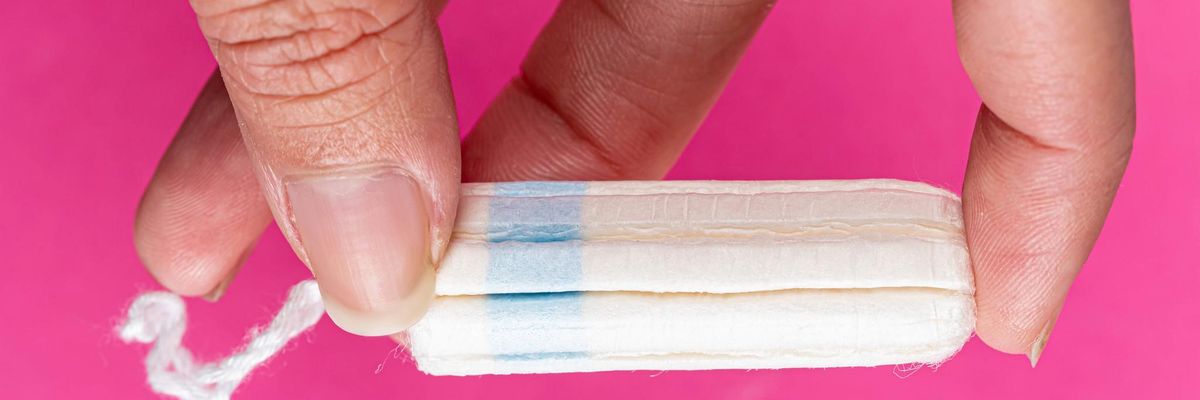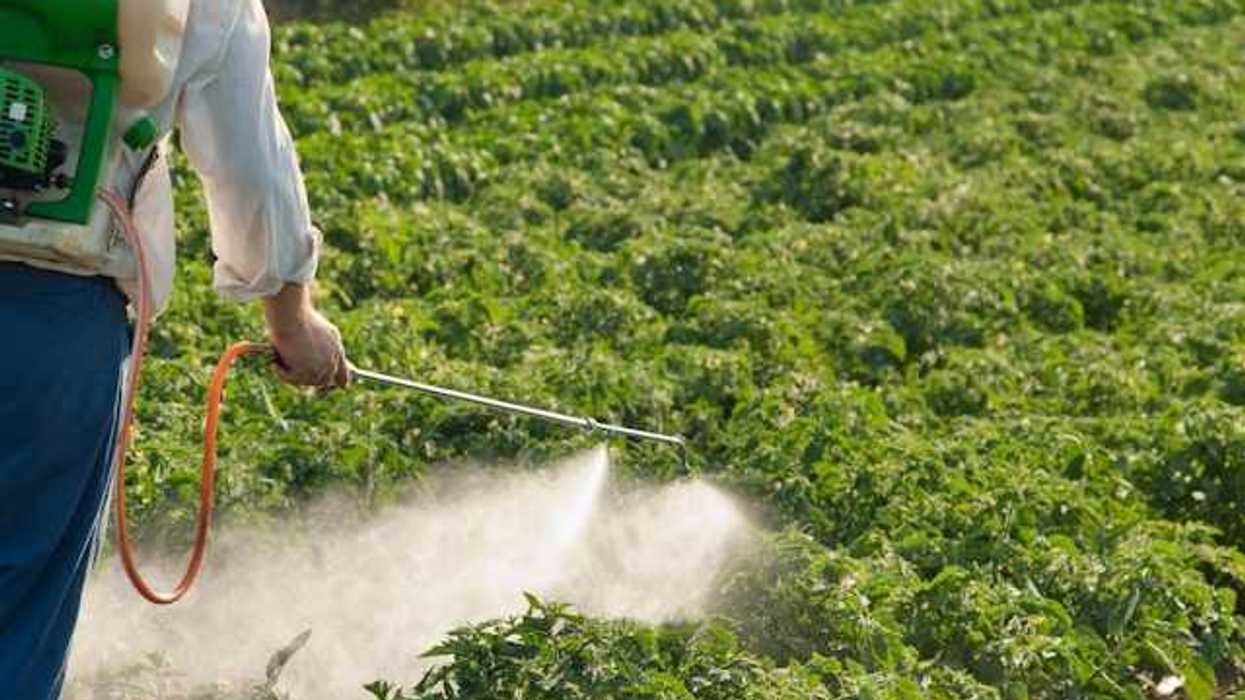Five popular tampon brands — including two advertised as organic — have detectable levels of fluorine, an indicator of the group of chemicals known as PFAS, according to a new report from Mamavation.
Partnering with EHN.org, the environmental wellness blog and community had 23 tampon products tested by a U.S.-Environmental-Protection-Agency-certified lab and found levels of fluorine ranging from 19 parts per million, or ppm, to 28 ppm in five of the brands: Maxim Hygiene Organic Cotton Cardboard Applicator Tampons, OrganYc Complete Protection Tampons (made with organic cotton), Playtex SPORT Regular & Super Tampons, Tampax Cardboard Applicator Unscented Tampons and Up & Up (Target Brand) Regular Tampons.
EHN.org partially funded the testing and Pete Myers, chief scientist of Environmental Health Sciences, which publishes EHN, reviewed the findings. The report comes on the heels of an EHN.org investigation on PFAS in everything from sports clothes to makeup.
Fluorine is a strong indicator of “forever chemicals”— which have been linked to everything from cancer to birth defects to lower vaccine effectiveness.
Mamavation points out that per-and polyfluoroalkyl substances, or PFAS, are just one of the possible harmful pollutants in tampons, as previous studies have found endocrine-disrupting chemicals like phthalates and bisphenol-A, commonly known as BPA, in tampons.
“We know more than enough about low-dose toxicities of PFAS compounds and other cited contaminants to be certain that detectable quantities in tampons are unjustifiable,” Terrence Collins, Teresa Heinz Professor of Green Chemistry & Director of the Institute for Green Sciences at Carnegie Mellon University, told Mamavation.
PFAS in feminine care products
The new investigation is the latest from Mamavation, which previously found fluorine in everyday products such as yoga pants and leggings and clean beauty brands' makeup.
A past investigation also looked at PFAS indicators in period underwear and found 11 of 17 tested pairs had detectable levels of fluorine.
Vaginal exposure
While the health impacts of PFAS exposure via skin contact are still somewhat unclear, Linda S. Birnbaum, Scientist Emeritus and Former Director of the National Institute of Environmental Health Sciences and National Toxicology Program, told Mamavation “we already know that PFAS has the ability to impact almost every organ of the body. The vagina is an incredibly vascular area and dermal exposure is often higher there than in other places of the body.”
The testing is part of an ongoing effort by Mamavation and EHN.org to identify PFAS in common consumer products. See the full results at Mamavation.
Follow our PFAS testing project with Mamavation at the series landing page.
Want to know more about PFAS? Check out our comprehensive guide.
- Tests find PFAS abundant in some dental floss - EHN ›
- What does PFAS stand for? - EHN ›
- PFAS widespread in water- and stain-resistant outdoor clothes ... ›
- Evidence of PFAS chemicals in sports bras - EHN ›
- What are PFAS? - EHN ›
- Evidence of PFAS found in popular bandage brands including Band-Aid - EHN ›
- Many tampons contain a variety of harmful metals, including lead - EHN ›
- Evidence of “forever chemicals” found in everyday bras - EHN ›

















